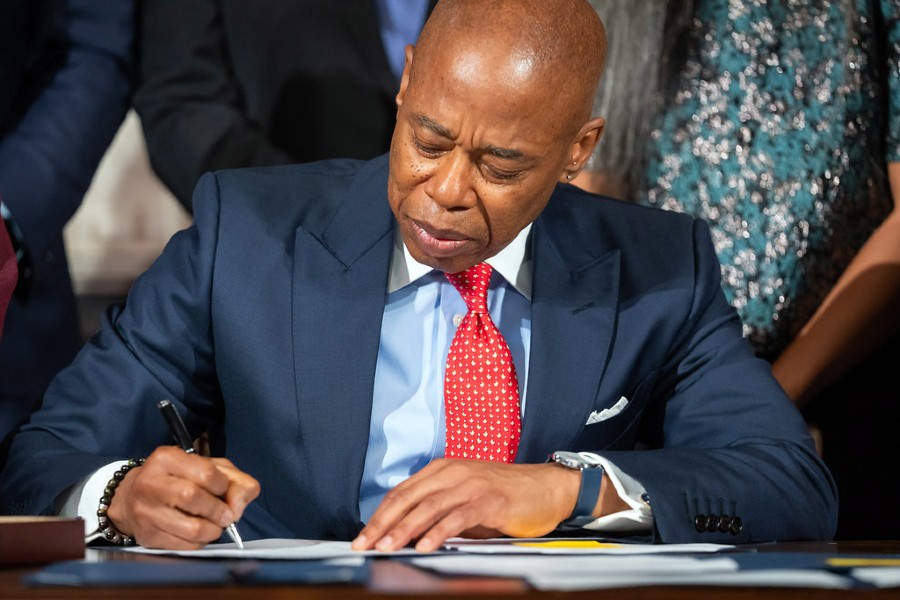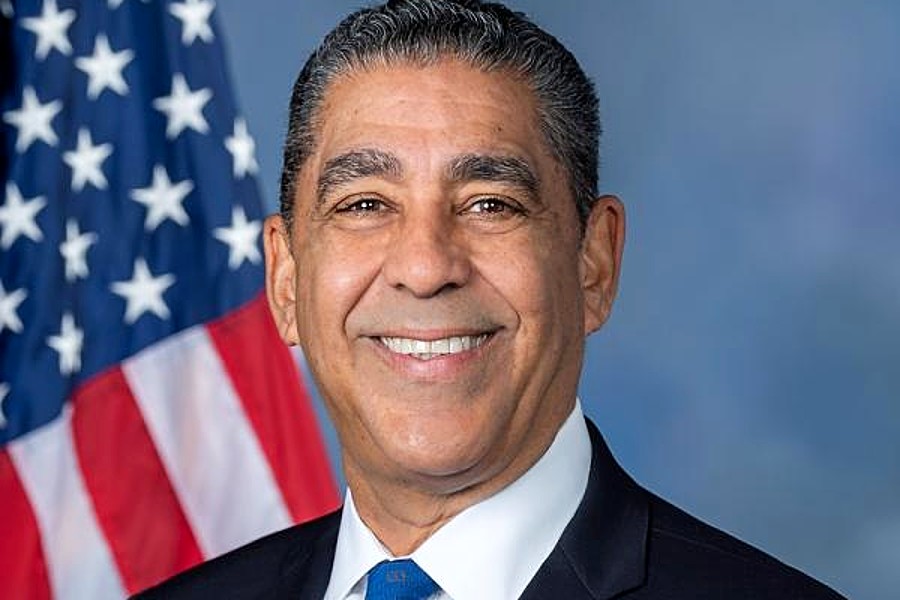How can “free for all” be unfair for some? Mayor de Blasio’s “3K for All” plan has a lofty goal of vastly increasing the number of 3-year-olds receiving free early childhood education services, and thereby enhancing their chances of succeeding in public school, and in life.
However, unless the city simultaneously addresses the unfairly low wages of early education teachers in nonprofit centers, the new “3K for All” initiative could inflict a fatal blow to the already fragile system for educating the city’s youngest and most vulnerable children.
New York City currently contracts with scores of nonprofit entities that provide full-day education to 2-to-4-year-olds, primarily in low-income communities. The services are free for very low-income families (for example, a family of four with a household income under $24,300), and parents earning more than the maximum income to qualify for free services pay sliding scale fees based on their income.
Three years ago , the mayor launched his “PreK for All” program, which offered free universal pre-kindergarten education for all 4-year-olds, regardless of family income. Many of those UPK classrooms are located in public schools, while many others are located in nonprofit early childhood education centers, such as the seven centers that my organization oversees here in East Harlem.
In the public schools, lead classroom teachers with master’s degrees and state certifications earn a starting salary of $60,704. Those with 10 years of experience earn $82,995, and those with 20 years of experience earn $101,550.
In the nonprofit centers, UPK teachers with identical credentials — a master’s degree and state certification — get paid a starting salary of $50,000, with minimal longevity increases. Teachers with 10 or 20 years’ experience earn only $51,000 and $51,700, respectively.
The City pays 100% of all of these salaries in both the public schools and nonprofit classrooms, and so it is blatantly unfair — and educationally destructive — to have a system where one set of teachers makes 32% to 113% more than a second set of equally qualified teachers.
Indeed, not only do the public school teachers get paid more for identical work, but they also don’t have to teach in the summer or during school holidays, while the nonprofit centers are open 52 weeks a year.
Not surprisingly, these wildly unfair pay disparities have led to a brain drain, with certified teachers moving from the nonprofit centers to the public schools. And other teachers at nonprofits have left the teaching profession entirely.
The result has been a severe shortage of certified teachers in the nonprofit programs. And the teachers who remain — who are mostly women of color — are left wondering why the city is treating them like second-class citizens by refusing to approve salaries on par with those of their public school counterparts.
With the new “3K for All” proposal, the City is now looking to place, on this already fragile and inequitable foundation, the weight of a massive expansion of free preschool classes for all 3-year-olds, including a requirement that those classes be led by certified teachers as well.
I and many other nonprofit early childhood program leaders fully support that goal, but if the new “3K for All” program is implemented without first correcting the salary inequities, there simply will not be a sufficient number of certified teachers available.
This could force the closure of the nonprofit classrooms, and the low-income children in those centers will no longer benefit from the educational programming that the mayor himself says is so crucial for their future success.
In addition, working parents — particularly single mothers — will no longer have a place for their children to go during the day, and will either have to stop working or place their children in unlicensed and unregulated settings.
The solution is simple: equal pay for equal work. The city should agree to pay all similarly qualified teachers the same amount, regardless of whether they happen to teach in a city-funded public school or a city-funded nonprofit center.
That will create a level playing field, and will demonstrate a clear commitment to the quality of education provided to all the city’s children, regardless of where they live or how much their families earn.
Nocenti is the executive director of Union Settlement, which has provided education, wellness and community-building services in East Harlem since 1895, via source.
Become a Harlem Insider!
By submitting this form, you are consenting to receive marketing emails from: . You can revoke your consent to receive emails at any time by using the SafeUnsubscribe® link, found at the bottom of every email. Emails are serviced by Constant Contact









